The AACR Academy is governed by an elected president and Steering Committee. During the virtual AACR Annual Meeting in April, President-Elect Charles L. Sawyers, MD, FAACR, succeeded Judy E. Garber, MD, MPH, FAACR, and began his term as AACR Academy president. Dr. Sawyers will serve the Steering Committee as president until April 2023.
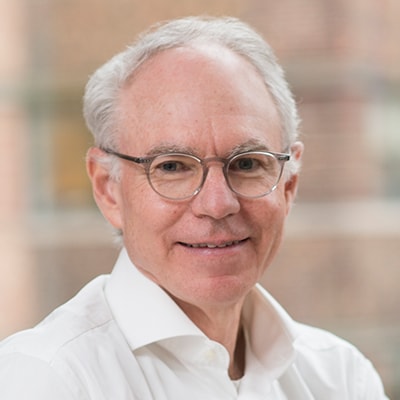
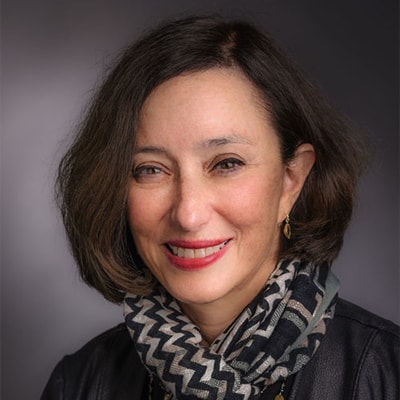
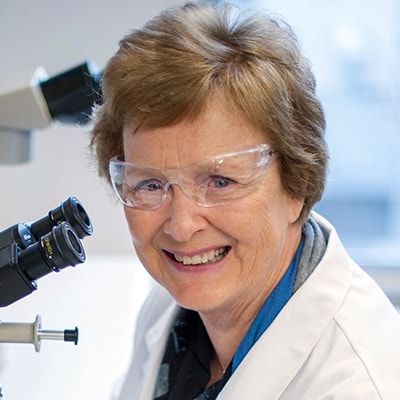

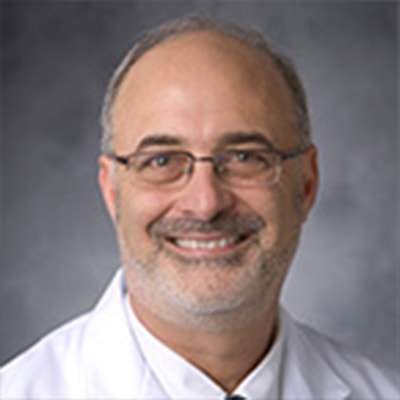

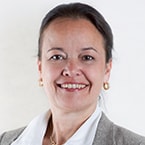

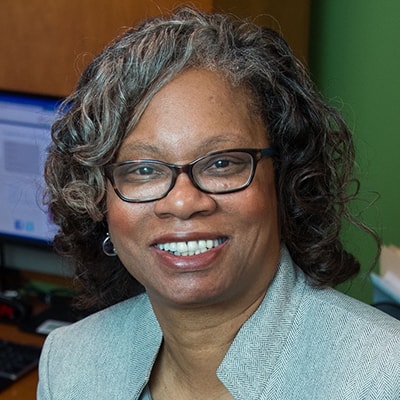
Lombardi Comprehensive Cancer Center
Georgetown University Medical Center
Washington, D.C.
For eminent contributions to the fields of cancer epidemiology, prevention, and health disparities including her quintessential leadership of the Black Women’s Health Study and the NCI-funded National Capital Area Minority/Underserved NCORP. These initiatives have resulted in the identification of various factors capable of affecting a person’s risk for developing cancer and have increased the number of Black participants in clinical trials.

California Institute of Technology
Pasadena, California
For her Nobel Prize-winning contributions to pioneering directed evolution to generate enzymes that display improved and novel functions, and for highlighting how to harness such technologies to produce pharmaceutical compounds, chemicals, and renewable fuels more sustainably.

Helen Diller Family Comprehensive Cancer Center
University of California
San Francisco, California
For defining the first molecular link between cancer initiation and chemical carcinogen exposure; for his pioneering use of mouse models to elucidate how genes and the environment interact to drive multistep carcinogenesis; and for harnessing such models to recapitulate genetic heterogeneity in human populations to better inform precision medicine and diagnostic approaches to treatment.
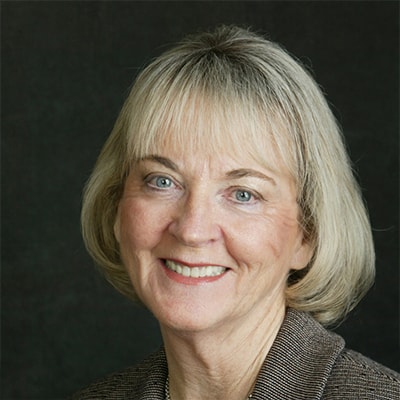
University of Southern California
Los Angeles, California
For her enormous and highly impactful contributions to building many of the essential elements of cancer precision medicine including serving as cofounder of The Cancer Genome Atlas, whereby she played a critical role in the design, initiation, and establishment of the program, heralded for the molecular characterization of over 20,000 biospecimens spanning 33 tumor types, including 10 rare cancers; for her innovative and unwavering scientific foresight, leadership, and success in establishing the NCI Alliance for Nanotechnology in Cancer, the Clinical Proteomics Technologies Initiative for Cancer, and the Cancer Human Biobank and Cancer Bioinformatics Grid; and for her decades-long pioneering contributions to convergence and complex systems science and the Physical Sciences-Oncology Centers.
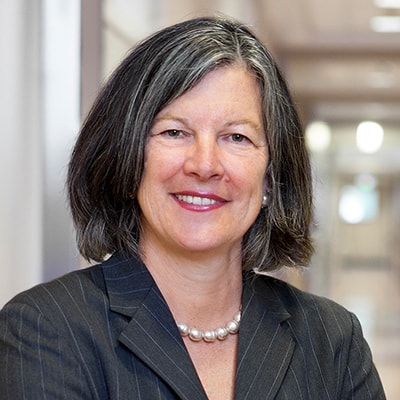
Huntsman Cancer Institute
University of Utah
Salt Lake City, Utah
For instrumental research aimed at defining novel molecular pathways responsible for regulating cellular migration, invasion, and metastasis, including her discovery of proteins that orchestrate actin-cytoskeleton and cell-substratum adhesion dynamics as well as others that signal from the cell surface to the nucleus to facilitate the invasion and metastatic spread of primary cancer, namely, Ewing sarcoma.
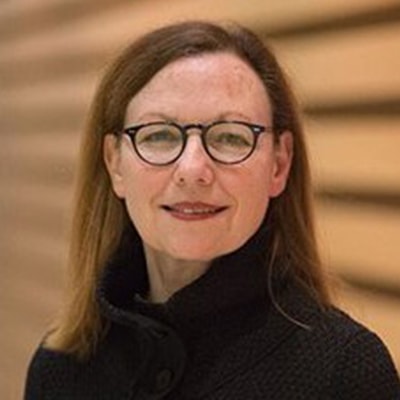
Perelman School of Medicine
University of Pennsylvania
Philadelphia, Pennsylvania
For her illuminating contributions to the fields of chromatin biology, epigenetics, and transcriptional regulation, including the demonstration of novel chromatin-specific mechanisms that influence the progression of tumors with gain-of-function p53 mutations and for identifying numerous enzymes responsible for posttranslational histone modification, providing mechanistic insights into the importance of epigenetic events in tumor initiation and progression.

Keck School of Medicine of the University of Southern California
Los Angeles, California
For world-renowned contributions to the understanding of the role of biology in cancer disparities observed in underrepresented populations, for significant research contributions to the field of precision cancer medicine centered on high-throughput genomic approaches, and for his seminal characterization of the role of HOXB13 and AKT1 genomic alterations in human cancers.
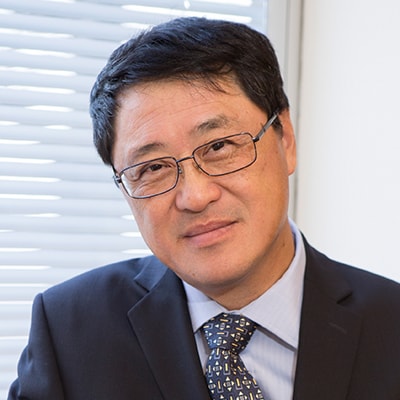
Yale Cancer Center
Yale University School of Medicine
New Haven, Connecticut
For his unrivaled leadership in the field of PD-L1 biology, including his fundamental research that led to the cloning of B7-H1(PD-L1), subsequent demonstration of the immunosuppressive functions of the B7-H1/PD-1 signaling pathway, the use of antibody blockade of this pathway as a cancer immunotherapy, and his pivotal discovery of costimulation as a mechanism to improve tumor immunity, which has since led to the development of breakthrough treatments for human cancer.
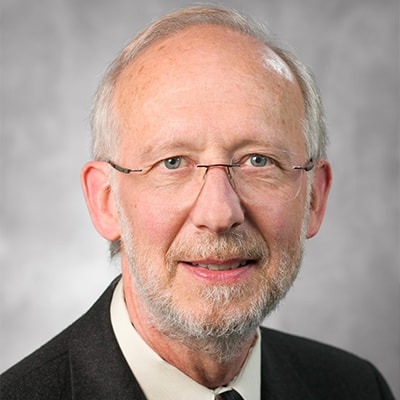
University of California, San Diego
La Jolla, California
For his celebrated discovery of the revolutionary DNA-based drug treatment ASO (antisense oligonucleotide), and for pioneering research contributions to defining the molecular mechanisms responsible for governing chromosomal movement, cell cycle control, centromere identity, and genome evolution in cancer.
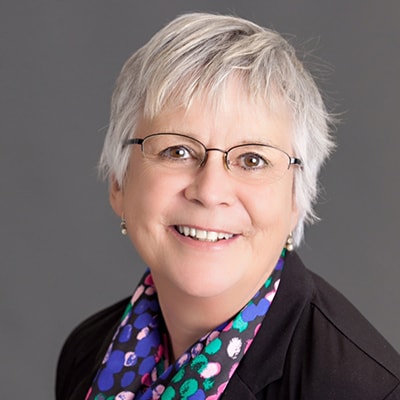
Oregon Health & Science University
Portland, Oregon
For renowned contributions to the understanding of oncogenic transformation including discovering that RSV v-Src transforming protein and c-Src are plasma membrane-associated, defining the activation mechanism of the c-Src tyrosine kinase; discovering that c-Src is involved in polyomavirus transformation, which revolutionized the DNA tumor virus field; and identifying Tks4 and Tks5 adaptor proteins as Src substrates that trigger invadopodia formation and protease secretion essential for tumor cell invasion.
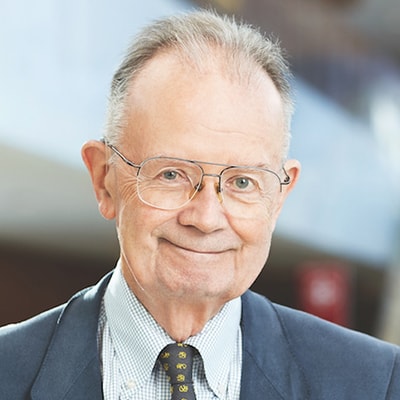
Deceased (1933–2020)
The Ohio State University
Columbus, Ohio
For internationally lauded contributions to the field of genetics, including the identification of chromosome 8 trisomy in select acute myeloid leukemia patients, for mapping the glutathione reductase gene to this extra chromosome, and for additional research endeavors dedicated to the genetic characterization of leukemia, papillary thyroid cancer, colorectal cancer, and Lynch syndrome.
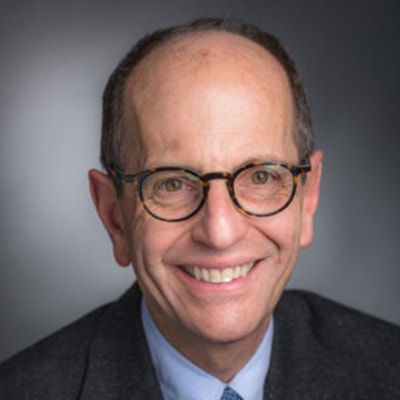
Dana-Farber Cancer Institute
Harvard Medical School
Ludwig Center at Harvard University
Boston, Massachusetts
For central contributions to the development of novel treatments and personalized cancer care regimens for sarcoma patients, which have led to FDA and worldwide regulatory approval of various targeted therapies, including imatinib, pazopanib, and sunitinib, medications that have significantly altered the standard of care for sarcoma patients and those affected by gastrointestinal stromal tumors.
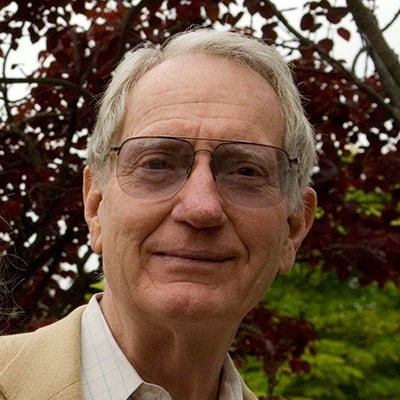
Stanford University
Stanford, California
For unparalleled contributions to establishing the DNA damage repair field, highlighted by his co-discovery of DNA excision repair and preferential repair of transcribed genes, the latter of which demonstrated intragenomic DNA repair heterogeneity, and the determination that actively expressed genes are repaired through a special transcription-coupled repair pathway; and for developing several experimental approaches to studying DNA repair, including the commonly used bromodeoxyuridine (BrdU) labeling method for detecting newly synthesized DNA.
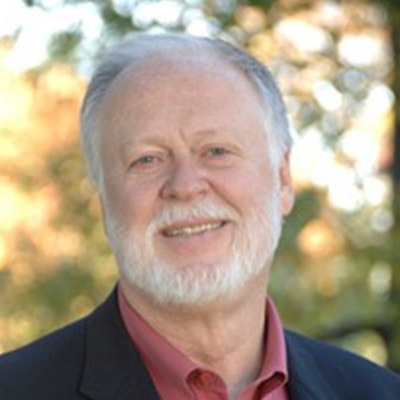
National Cancer Institute
Bethesda, Maryland
For essential contributions to cancer risk assessment and epidemiology, and identification of cancer biomarkers; for defining the environmental and molecular drivers of carcinogenesis, including linking aflatoxin B1 exposure to increased hepatocellular carcinoma risk in individuals who express particular p53 tumor suppressor mutations; and for demonstrating that childhood secondhand smoke exposure directly correlates with an increased risk of lung cancer in adult nonsmokers, specifically those harboring MBL2 mutations.
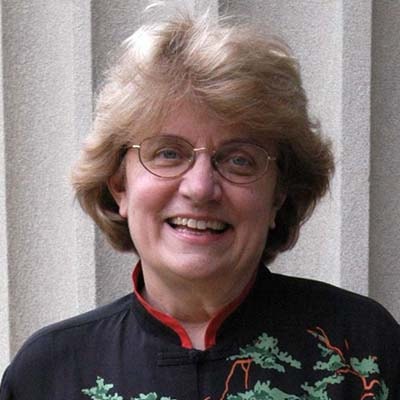
Massachusetts Institute of Technology
Cambridge, Massachusetts
For groundbreaking research involving murine RNA tumor viruses and for contributing to the establishment of zebrafish as an essential disease model by developing a method of insertional mutagenesis and conducting a large-scale insertional mutagenesis screen, which led to the identification and cloning of 25 percent of genes essential for the early development of the fertilized egg and identification of genes that predispose adult fish to cancer.
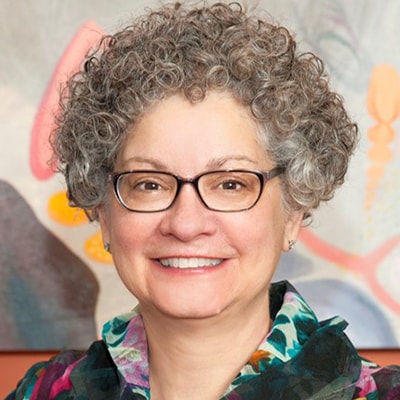
University of Texas MD Anderson Cancer Center
Houston, Texas
For establishing that p53 contains a transactivation domain, in turn defining the protein as a transcription factor; for showing the potent effects of Mdm2 and Mdm4 in p53 inhibition; for dissecting p53-mediated cell cycle arrest and senescence activities as tumor suppressive mechanisms; for exploring the physiologic significance of p53 in potential anticancer therapies; and for showing gain-of-function properties of missense p53 mutants resulting in the functional inactivation of p63 and p73.
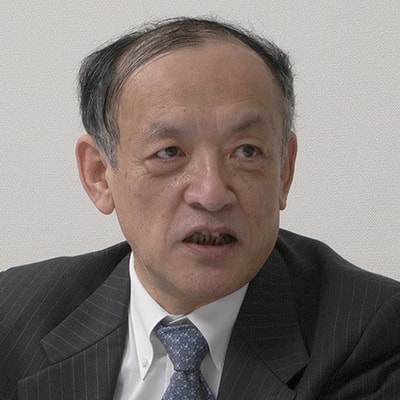
Osaka University
Osaka, Japan
For fundamental work dedicated to categorizing crucial steps required for cellular apoptosis, namely, the identification of the Fas membrane protein as a member of the tumor necrosis factor receptor family, and for defining the role of the Fas ligand as an inducer of apoptotic signaling, a finding that would result in the further characterization of this signaling pathway as an essential pathway for immune system regulation and tumorigenesis..
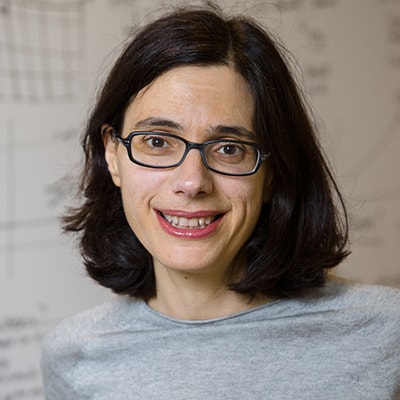
Genentech Research and Early Development
South San Francisco, California
For expertly developing and applying sophisticated computational modeling techniques and algorithms to understand molecular circuits and predict cellular behavior in response to genetic and environmental changes, cellular differentiation, evolution, and disease, and for developing microfluidic and other technologies for high throughput, single-cell genetic screening technologies.
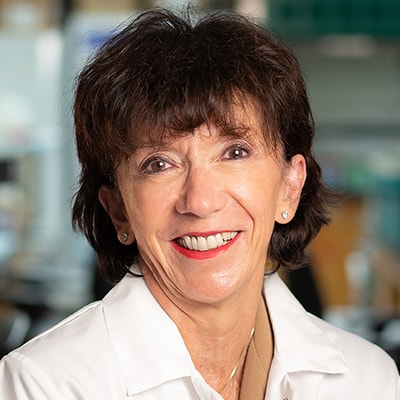
St. Jude Children’s Research Hospital
Memphis, Tennessee
For pivotal contributions to the understanding of childhood brain cancers, especially medulloblastoma, specifically highlighting how developmental pathways and cell cycle regulatory proteins, including cyclin-dependent kinases and those encoded by the Ink4a/ARF locus, are capable of regulating central nervous system function and brain tumor initiation and progression.

Oncode Institute
The Netherlands Cancer Institute
Amsterdam, The Netherlands
Leiden University Medical Center
Leiden, The Netherlands
For vast contributions to characterizing antitumor immunity, defining how immune cells identify and target tumor-specific neoantigens, and for pioneering technologies that allow for high-throughput analysis of immune cell reactivity to cancer neoantigens, which have effectively transformed clinical approaches to precision immunotherapeutic treatment strategies.
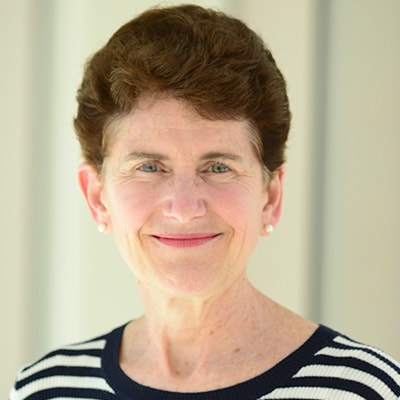
Abramson Family Cancer Research Institute
Abramson Cancer Center Core Facilities
University of Pennsylvania Perelman School of Medicine
Philadelphia, Pennsylvania
For enriching contributions to the understanding of cellular, tissue, and organismal responses to changes in oxygen availability, including the characterization of PU.1 as an essential component of hematopoietic cell development, and for defining how oxygen gradients may regulate hematopoiesis, angiogenesis, cardiovascular development, stem cell function, and tumor development via HIF-1 and other oxygen sensors.
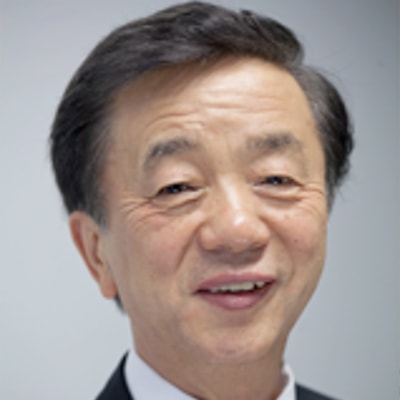
The University of Tokyo
Tokyo, Japan
For isolating and characterizing genes involved in mediating immune responses, including interferon-beta and interleukin-2, and for his discovery of the interferon regulatory family of transcription factors, which has resulted in improved understanding of the interplay between innate and adaptive immune responses, as well as the molecular mechanisms by which gene expression changes and signal transduction impacts immune system function, cancer initiation, and cancer progression.
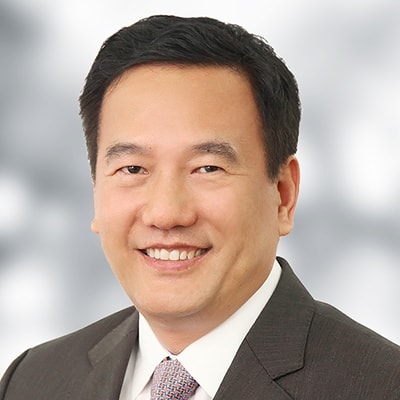
National Institute of Biological Sciences
Beijing, China
For seminal contributions to the understanding and study of apoptosis, including the characterization of cytochrome c as an essential component of cellular apoptotic machinery, and for subsequent studies dedicated to defining the molecular components of the apoptosome, including Apaf-1, Bid, and Smac.
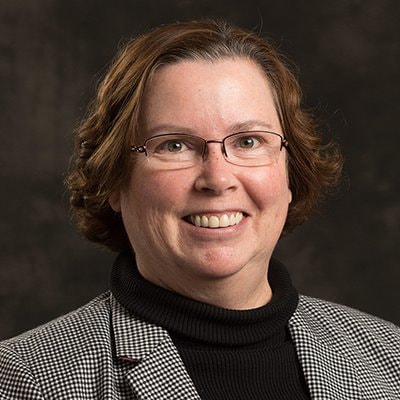
Rutgers Cancer Institute of New Jersey
Rutgers, The State University of New Jersey
New Brunswick, New Jersey
For key contributions to the understanding of oncogenic activation and the role of apoptotic inhibition in promoting cancer and treatment resistance, for discovering BCL-2 oncogene homologues, and for defining the role of autophagy in promoting cellular homeostasis and facilitating cancer metabolism and tumorigenesis.
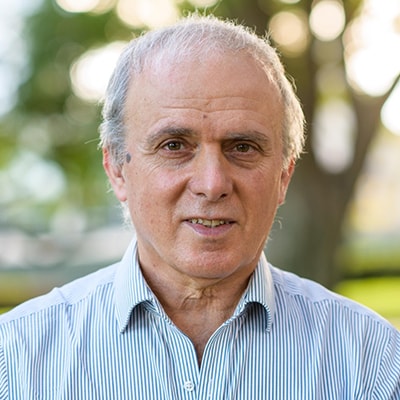
Weizmann Institute of Science
Rehovot, Israel
For groundbreaking research that revealed the biochemical mechanisms responsible for the development and growth of cancer cells, including the role of growth factor receptors and cellular signaling, and for discovering the function of HER2 as a molecular amplifier of tumorigenesis.
In April, the AACR highlighted the increasing pace of scientific progress in the area of pediatric cancer with the presentation of the AACR-St. Baldrick's Foundation Award for Outstanding Achievement in Pediatric Cancer Research. Created in collaboration with the St. Baldrick’s Foundation, the award honors an individual who has significantly contributed to any area of pediatric cancer research, resulting in fundamental improvements in the understanding and/or treatment of pediatric cancer. The 2021 recipient of the award, Crystal L. Mackall, MD, delivered an award lecture titled “Pediatric cancer medicine: Past, present, and future?” during the virtual AACR Annual Meeting.
The virtual AACR Annual Meeting also provided an opportunity for the AACR to acknowledge the groundbreaking accomplishments of educators in the cancer community—and to celebrate one of its most distinguished members. During the meeting, AACR Past President and Fellow of the AACR Academy Daniel D. Von Hoff, MD, FACP, FASCO, FAACR, was the inaugural recipient and namesake of the AACR-Daniel D. Von Hoff Award for Outstanding Contributions to Education and Training in Cancer Research.
Dr. Von Hoff was honored for his innovative scientific leadership as well as for his extraordinary dedication to the education and training of a generation of clinical cancer investigators. In addition to his personal tutelage and professional guidance of young clinical fellows and junior clinical faculty for more than two decades, Dr. Von Hoff conceptualized the AACR/ASCO Methods in Clinical Cancer Research Workshop. Since its launch in 1996, the workshop has educated more than 4,400 clinical fellows and junior faculty around the world in the principles of effective clinical trial designs and therapeutic interventions.
Dr. Von Hoff received his namesake award and delivered an award lecture, titled “Enabling the dreams of others,” during the virtual AACR Annual Meeting. Future awards will be presented to deserving individuals who have made significant contributions to the education and training of cancer scientists and physicians at any career level and in any area of cancer research.
Since its founding in 1907, the AACR has recognized the importance of pathology in cancer research. One of the 11 founding members of the AACR was James S. Ewing, MD (near right), who was known as the “Chief of Cancer Pathology” and whose most enduring contribution was the discovery of Ewing sarcoma. The first female president of the AACR, Thelma B. Dunn, MD (far right), was also a pathologist renowned for her innovative efforts to promote the use of animal models in cancer research. In 2020, the AACR continued its long-standing support of cancer pathology with the launch of the AACR Pathology Task Force.
In 2021, the AACR announced that it would expand its commitment to advancing cancer pathology and honor the legacy of its most distinguished pathologist members with the AACR James S. Ewing-Thelma B. Dunn Award for Outstanding Achievement in Pathology in Cancer Research. The inaugural presentation of this annual award—which was established to recognize and celebrate pathologists who have significantly contributed to advancing cancer research, diagnosis, treatment, and prevention—will take place at the AACR Annual Meeting 2022.
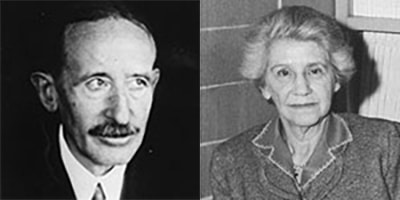
With the establishment of a partnership with the International Conference on Malignant Lymphoma (2018), the launch of the new journal Blood Cancer Discovery (2020), and the hosting of three virtual conferences on myeloma, clonal hematopoiesis, and precision medicine for lymphoma therapy in 2021, the AACR has worked in recent years to establish a leadership position in the field of hematologic malignancies. That position was strengthened with the announcement of a new scientific achievement award, the AACR Award for Outstanding Achievement in Blood Cancer Research.
This new award, which was established to recognize an individual on the basis of meritorious achievements and contributions to any aspect of blood cancer research, will be presented for the first time at the AACR Annual Meeting 2022.
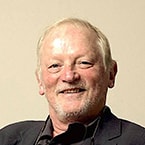
Boston Children’s Hospital
Cambridge, Massachusetts
Harvard Medical School
Boston, Massachusetts

CPRIT Single Cell Genomics Center
University of Texas MD Anderson Cancer Center
Houston, Texas
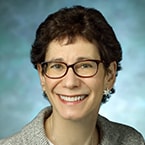
Johns Hopkins University School of Medicine
Baltimore, Maryland
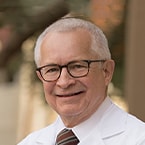
Translational Genomics Research Institute (TGen)
Phoenix, Arizona
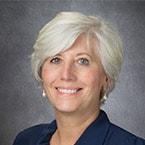
University of Texas MD Anderson Cancer Center
Houston, Texas
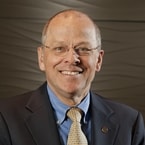
Washington University School of Medicine
St. Louis, Missouri
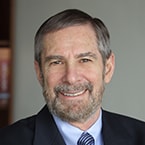
National Cancer Institute
Bethesda, Maryland
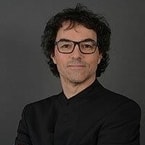
Institut Gustave Roussy
Villejuif, France

Co-leaders: John M. Maris, MD, and Crystall L. Mackall, MD
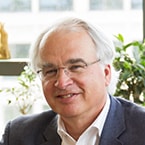
National Cancer Institute
Rockville, Maryland

Oncode Institute
The Netherlands Cancer Institute
Amsterdam, The Netherlands
Leiden University Medical Center
Leiden, The Netherlands
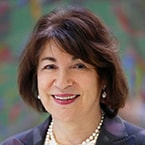
Columbia University
New York, New York
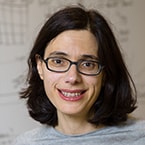
Broad Institute of Massachusetts Institute of Technology
Harvard University
Cambridge, Massachusetts

National Cancer Institute
Bethesda, Maryland
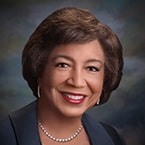
Sidney Kimmel Cancer Center at Jefferson
Thomas Jefferson University
Philadelphia, Pennsylvania
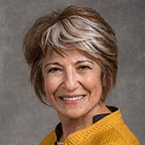
Lawrence Berkeley National Laboratory
Berkeley, California

Stanford Center for Cancer Cell Therapy
Parker Institute for Cancer Immunotherapy
Stanford University
Stanford, California
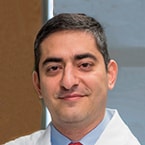
Case Comprehensive Cancer Center
Case Western Reserve University
Cleveland, Ohio
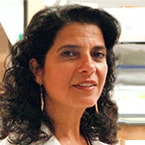
Harvard Medical School
Boston Children’s Hospital
Boston, Massachusetts

Princess Máxima Center for Pediatric Oncology
Utrecht University
Utrecht, The Netherlands